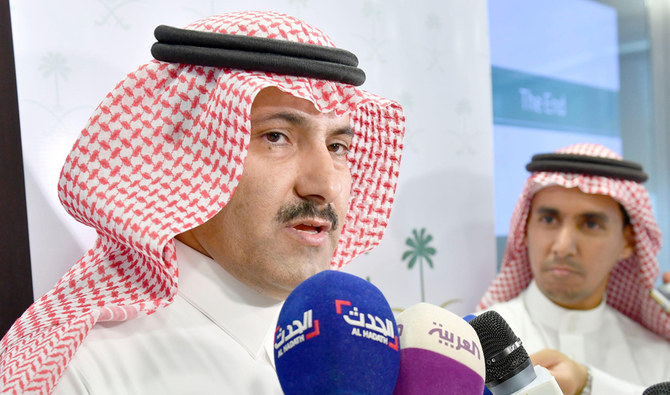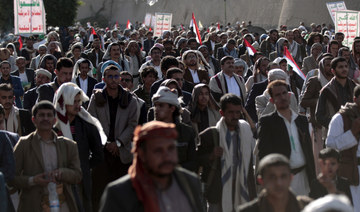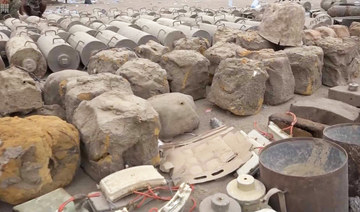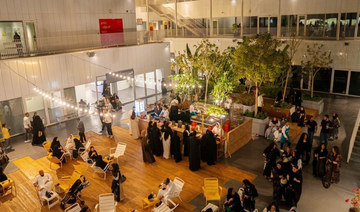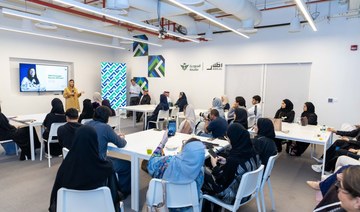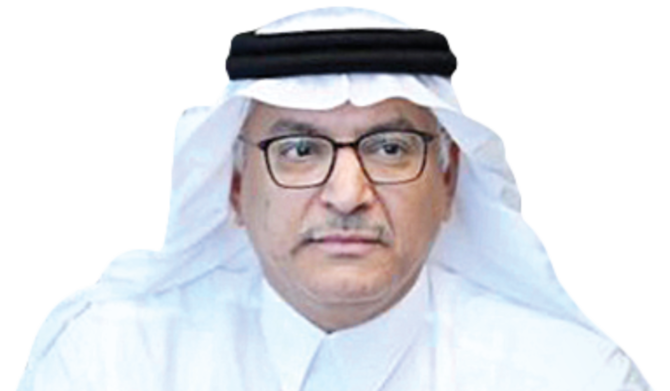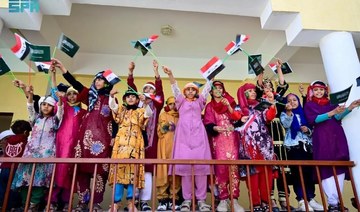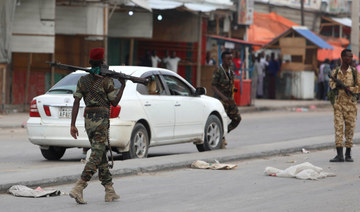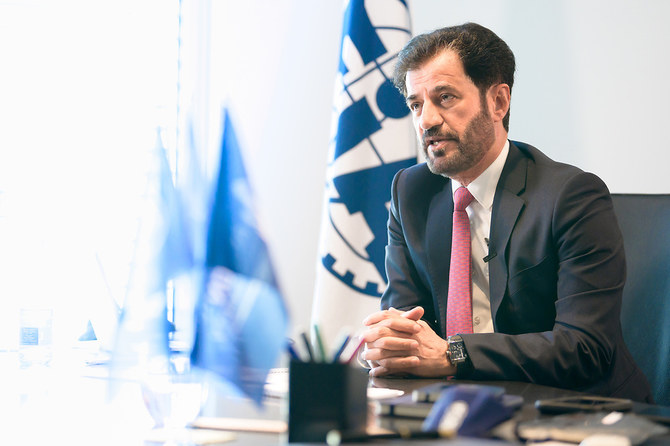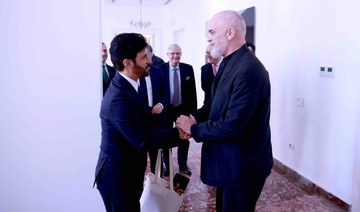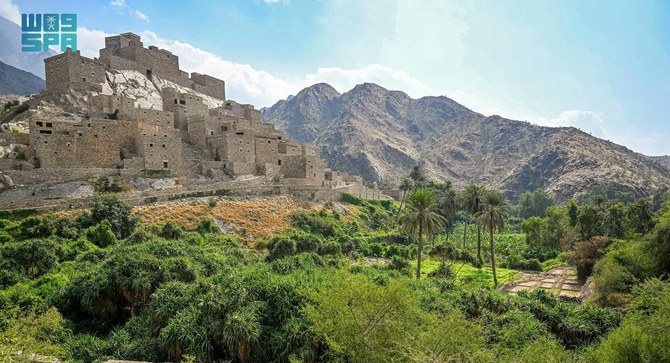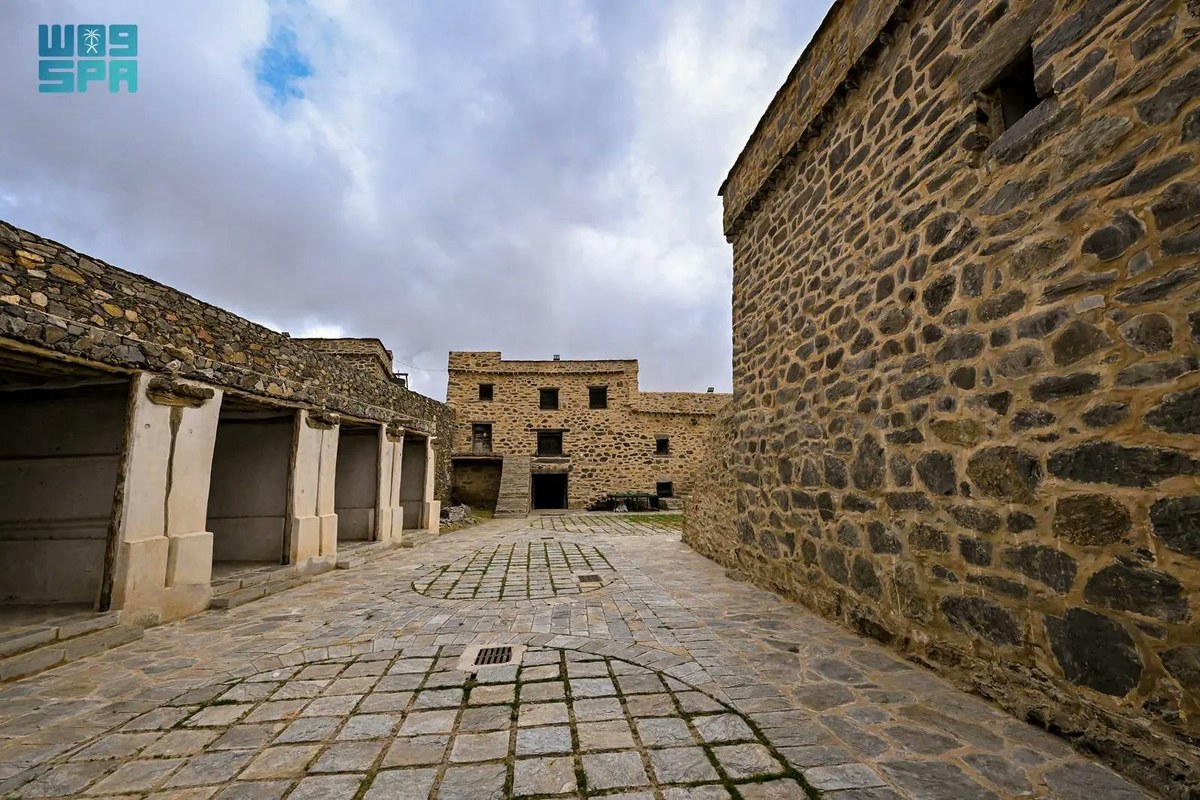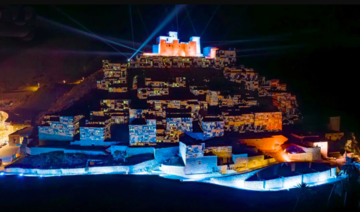AL-MUKALLA: Saudi Arabia has urged Yemeni factions to concentrate all their efforts on putting into place the Riyadh Agreement and join forces in halting Houthi military offensives in Jouf and Marib.
The Kingdom’s Ambassador to Yemen, Mohammed bin Saeed Al-Jaber, criticized a military parade by government forces in the southern province of Abyan which he said had the potential to stoke tensions with the Southern Transitional Council (STC) in Aden and undermine coalition attempts to confront Houthi militias.
“It is not acceptable that some forces affiliated with the legitimate government conduct military exercises in Shouqra (town in Abyan) and its military leaders speak of the zero hour,” the envoy posted on Twitter.
He added that the Riyadh Agreement was designed to allow the government to return to Aden and restore security and stability to Aden and other cities. Al-Jaber called on Yemeni factions to divert their forces to Jouf and Dhalea to push back Houthi incursions.
Saudi Arabia sponsored the Riyadh Agreement reached in late 2019 that was aimed at ending hostilities between the Yemeni government and the separatist STC. Under the deal, both sides were to hand over heavy arms, pull out of new areas and allow the government to return to Aden.
Although the government is back in Aden and heavy weapons have been moved out of the city, other terms such as the appointment of a new chief of security to Aden and neighboring provinces have not been implemented.
Last week, Saudi Arabia repeated its appeal to factions in Yemen to stick to the accord after the Yemeni government and the council mobilized forces around a contested region in Abyan.
Yemen’s Defense Ministry said on Thursday that Houthis had escalated attacks on military sites controlled by the Yemeni army in the northern province of Jouf and central province of Marib.
At least seven Houthi fighters were killed on Wednesday when army troops ambushed them in the Serwah district of Marib, state media said.
In the central province of Baydha, residents said that Houthi mortar shelling wounded two children and destroyed several houses in Qania region. The official Saba news agency reported that Houthi militants, who had suffered heavy losses in the provinces over the last three days, shelled several villages in Qania.
On Tuesday, military commanders said that dozens of Houthis were killed, and many others wounded or captured following heavy fighting with government forces in Qania.
Houthis have made major territorial gains in Jouf, Marib and Sanaa after consecutive offensives on government troops since early this year. The Houthis seized control of Hazem, the capital of Jouf and large swathes of the mountainous Nehim district, near the capital.
In Hodeidah, local media said that an army officer and two of his associates were killed on Wednesday when a mortar shell fired by Houthis ripped through their vehicles.
Col. Ahed Al-Shabouti, a military officer with the 3rd Infantry Brigade, and two soldiers were driving their vehicle when the shell exploded, killing them instantly and setting their car on fire in Hodeidah’s Duraihimi district.
Despite signing the Stockholm Agreement in late 2018, Houthi mortar fire and landmines have killed hundreds of civilians in Hodeidah.



